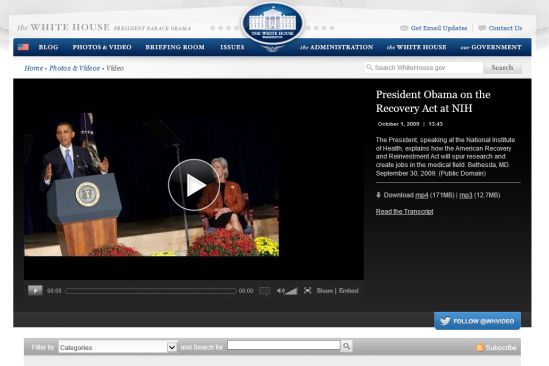Questo articolo lo scrivo a tutti quei personaggi che a DATI ufficiali rispondono con pseudo riflessioni personali
I dati ufficiali sono che al 2010 la prevalenza è 1/68, cioè un bambino autistico ogni 68 nati nel 2000 eravamo a 1/150
Ogni 10 anni circa la prevalenza raddoppia e quindi anche il numero dei soggetti autistici con un aumento del 10-15% annuo
Dati CDC USA che potrete trovare qui
http://www.cdc.gov/ncbddd/autism/data.html
Secondo questa tendenza ( negli anni 80 la prevalenza era 1/5000 ) tra 3 decadi saremo quasi nel rapporto 1/1
Beh molti detrattori dicono che questa è una falsità ma senza ne dire nulla ne supportare questa tesi...soltando screditando
Non mi volgio dilungare troppo per non annoiare il lettore con dati e statistiche UFFICIALI
CITO SOLO QUESTO DATO UFFICIALE DEL DISCORSO DEL PRESIDENTE DEGLI USA IL 30 SETTEMBRE 2009 AL National Institutes of Health
Il Presidente Obama ha citato in questo discorso solo tre patologie, quelle che hanno la priorità in USA... quelle patologie che anche in tutti i paesi occidentali hanno maggiormente impatto con la salute dei CITTADINI
1. cancro
2. malattie cardiovascolari
3. autismo
LINK AL TESTO DEL DISCORSO
http://www.whitehouse.gov/the_press_office/Remarks-by-the-President-on-the-American-Recovery-and-Reinvestment-Act-at-the-National-Institutes-of-Health/
LINK AL VIDEO MAGARI SONO ENTRATO NEL SITO DELLA CASA BIANCA E L'HO MODIFICATO IL DISCORSO :-))
http://www.whitehouse.gov/video/President-Obama-on-the-Recovery-Act-at-NIH
Sicuramente ci sarà qualcuno che avrà da obiettare anche su questa EVIDENZA...MANCO LE PAROLE DE L PRESIDENTE DEGLI USA HA VALORE....OVVIO :-))
A VOI I COMMENTI DEL CASO....
*****************************************
"
So through the Recovery Act, the NIH is expanding the Cancer Genome Atlas, collecting more than 20,000 tissue samples to sequence the DNA of more than 20 types of cancer. And this has extraordinary potential to help us better understand and treat this disease. Cancer has touched the lives of all Americans, including my own family's; 1.5 million people will be diagnosed in the next year. Half a million people will lose their lives. We all know the terrible toll on families and the promise of treatments that will allow a mother to be there for her children as they grow up; that will make it possible for a child to reach adulthood; that will allow countless people to survive a disease that's claimed far too many lives.
"









Inserted
Skipped
None
Removed